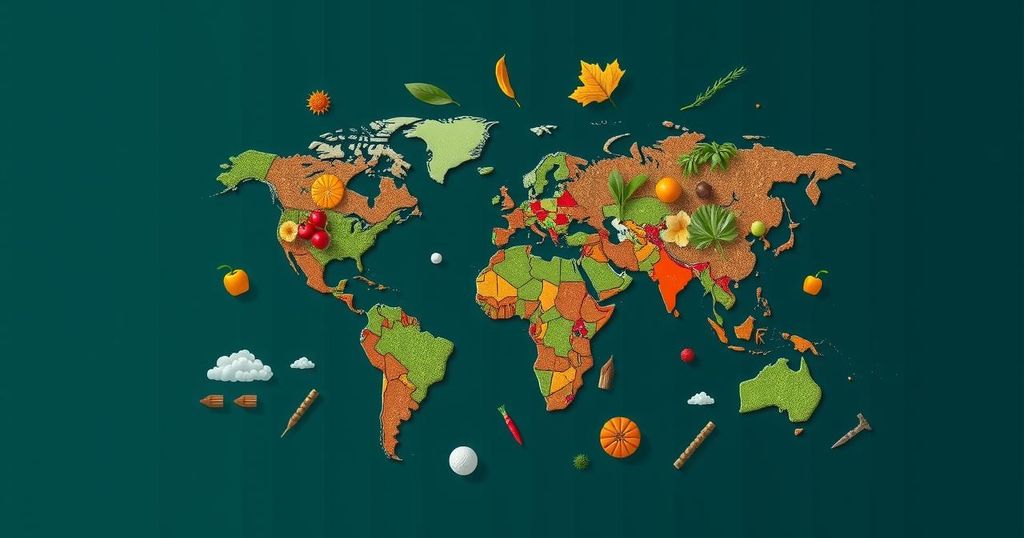Study Finds Rationing Could Be a Viable Tool in Climate Change Mitigation
A recent study indicates global acceptance of rationing fossil fuels and high-impact foods as an effective climate change mitigation strategy, equating its acceptance to taxation measures. Conducted by Uppsala University, the survey of over 8,600 participants revealed significant support for rationing among younger and more educated demographics, particularly those concerned about climate change.
A recent study conducted by the Climate Change Leadership group at Uppsala University in Sweden reveals that individuals worldwide are relatively open to the idea of rationing fossil fuels and high climate-impact foods such as meat. This approach to reducing emissions appears to be as acceptable as implementing taxes on these items. The research involved a survey of over 8,600 participants from Brazil, India, Germany, South America, and the United States, marking a pioneering effort in exploring public opinion on consumption curtailment methods beyond traditional economic instruments like carbon taxes. The lead researcher, Oskar Lindgren, a doctoral candidate, commented on the findings, stating, “Rationing may seem dramatic, but so is climate change. This may explain why support is rather high. One advantage of rationing is that it can be perceived as fair, if made independent of income. Policies perceived as fair often enjoy higher levels of acceptance.” While responses varied by country, the study found that 33 percent of participants overall were amenable to rationing high-impact foods such as meat, contrasted with 44 percent who favored taxing these products. For fossil fuels, acceptance rates were similar, with 38 percent supporting rationing and 39 percent favoring taxation. Notably, individuals expressing concern over climate change—a majority across all surveyed nations—demonstrated a higher propensity to endorse rationing measures. Furthermore, younger and more educated respondents exhibited a more favorable attitude towards such policies. Given these hopeful findings, the researchers advocate for further exploration into public attitudes concerning rationing and the design of associated policy instruments.
Rationing has resurfaced as a potential strategy in the context of climate change response. The conversation has shifted from solely relying on economic measures, such as taxes on carbon emissions, to include the possibility of rationing as a means to decrease consumption of fossil fuels and high-emission foods. The notion of fairness often accompanies discussions on rationing, suggesting a potentially wider acceptance among the populace. Understanding global perspectives on this approach is crucial, especially with growing concerns regarding climate impact.
In summary, the study emphasizes a notable acceptance of rationing as a feasible method to address climate change, with substantial support from concerned individuals. It highlights a growing awareness and willingness among populations to confront issues associated with high-emission practices. The call for more comprehensive research into public perceptions and effective policy design underscores the importance of continued dialogue in climate change mitigation efforts.
Original Source: macaonews.org




Post Comment